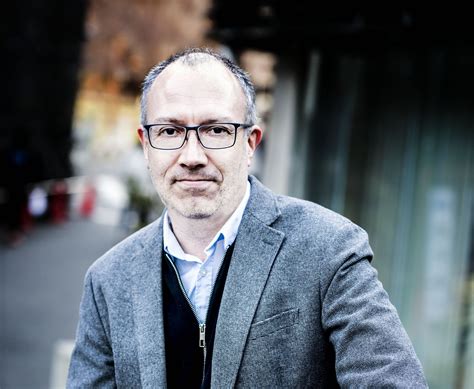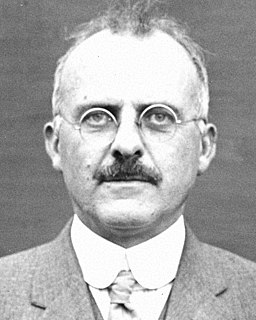A Quote by Bill Nye
There are two questions that get to us all: Are we alone in the Universe? And, where did we come from? For me, science provides a much more satisfactory way to seek answers than does any religion I've come across. With that said, the universe is mysterious and wonderful. It fills me with reverence for nature and our place among the stars; our place in space.
Related Quotes
How is it that hardly any major religion has looked at science and concluded, “This is better than we thought! The Universe is much bigger than our prophets said, grander, more subtle, more elegant?” Instead they say, “No, no, no! My god is a little god, and I want him to stay that way.” A religion, old or new, that stressed the magnificence of the Universe as revealed by modern science might be able to draw forth reserves of reverence and awe hardly tapped by the conventional faiths.
I began to learn about the universe myself and take it seriously. I know the names of the stars. I know how near or far the heavenly bodies are from our own planet. I know our own place in the universe. I can feel the vastness of it inside myself. I began to realize with each passing fact what a wonderful and awesome place the universe is, and that helped me in comics because I was looking for the awesome.
Our existence in this place, this microscopic corner of the cosmos, is fleeting. With utter disregard for our wants and needs, nature plays out its grand acts on scales of space and time that are truly hard to grasp. Perhaps all we can look to for real solace is our endless capacity to ask questions and seek answers about the place we find ourselves in.
It is certainly a wonderful, a brain-staggering conception... that our own stellar universe may be but one of hundreds of thousands of similar universes... Familiarity with these mighty concepts most certainly does not breed contempt, does not dull our awe at the mightiness of the universe in which we play so small a part. It is very doubtful if any of those who are seriously studying the heavens ever lose their feeling of reverence for this supremely wonderful universe and for Whoever or Whatever must be behind it all.
I feel that I've often pointed out that there are countless aspects of life and nature that scientists and scientific thinkers cannot explain. Why the universe is accelerating in its expansion and what came before the Big Bang serve as compelling examples. The process of science provides a way to seek answers to those questions.
Despite all the advancements in science, and all things about religion that are disproved it still marches on. The bottom line is that the only real, absolutely provable answers about life and our place in the universe are provided by science, and religion has been holding down science since day one.
Our greatest theoretical physicist, Stephen Hawking, recently declared that humans have no more than a hundred years to get off this planet to ensure the survival of our species. And when someone such as he does so, it is with an understanding not just of the science, but of both our tenuous place and our possibility in the universe.
It's perfectly clear to me that religion is a myth. It's something we have invented to explain the inexplicable. My religion and the spiritual side of my life come from a sense of connection to the humankind and nature on this planet and in the universe. I am in overwhelming awe of it all: It is so fantastic, so complex, so beyond comprehension. What does it all mean -- if it has any meaning at all? But how can it all exist if it doesn't have some kind of meaning? I think anyone who suggests that they have the answer is motivated by the need to invent answers, because we have no such answers.
Every being has its own interior, its self, its mystery, its numinous aspect. To deprive any being of this sacred quality is to disrupt the total order of the universe. Reverence will be total or it will not be at all. The universe does not come to us in pieces any more than a human individual stands before us with some part of his/her being.
We have simply arrived too late in the history of the universe to see this primordial simplicity easily... But although the symmetries are hidden from us, we can sense that they are latent in nature, governing everything about us. That's the most exciting idea I know: that nature is much simpler than it looks. Nothing makes me more hopeful that our generation of human beings may actually hold the key to the universe in our hands - that perhaps in our lifetimes we may be able to tell why all of what we see in this immense universe of galaxies and particles is logically inevitable.
The human mind has a desire to know its place in the universe and the role we play in the tapestry of life. This is actually hardwired into our brains, the desire the know our relationship to the universe. This was good for our evolution, since it enabled us to see our relationship to others and to nature which was good for our survival. And it is also what drives our curiosity to understand the universe.

































